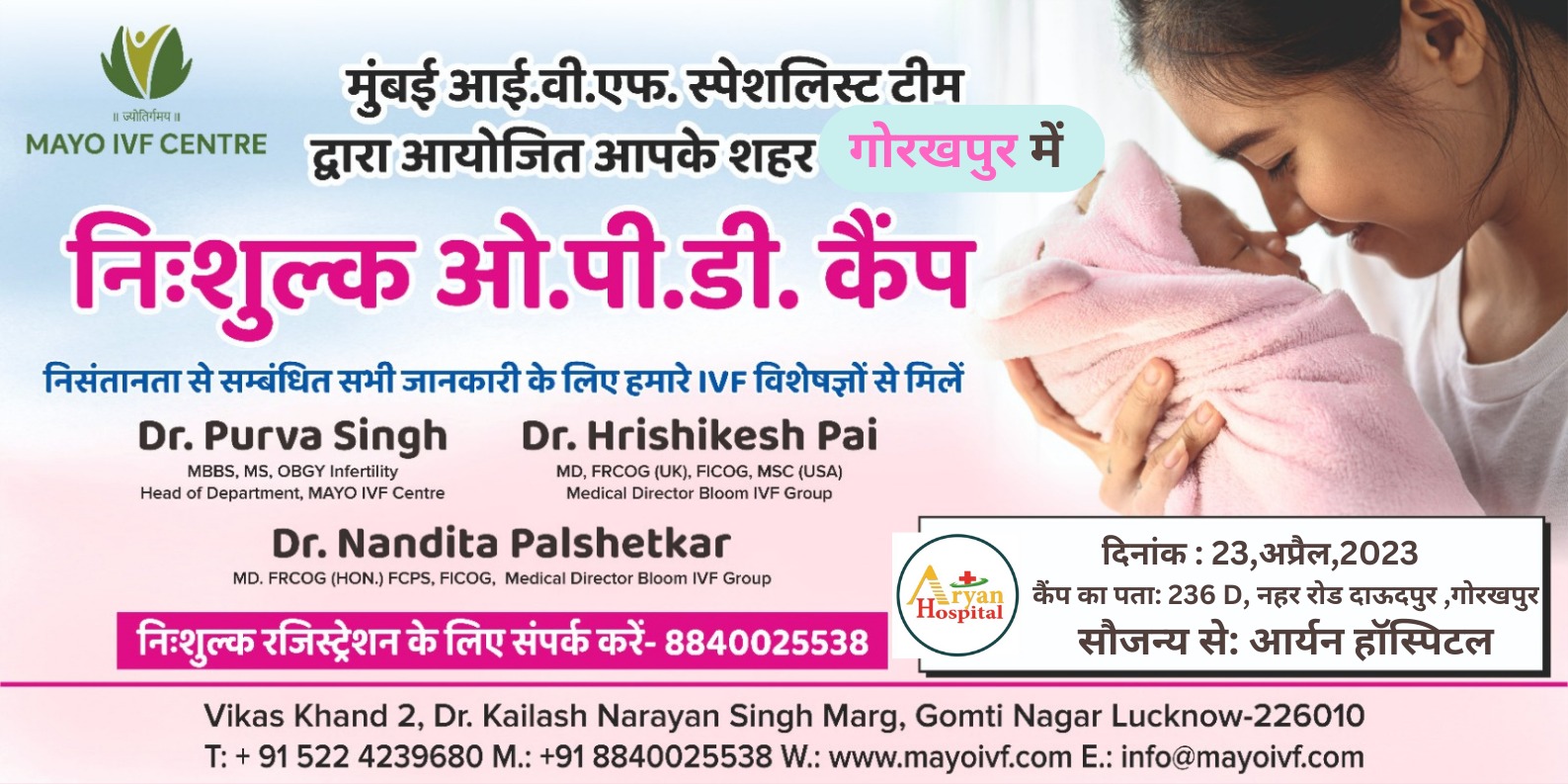
What are Vitamins?
Vitamins are essential organic nutrients for good health and daily body functions such as cell reproduction and growth. Most importantly, they are necessary for processing for energy in cells.
The balance of vitamins in the body is very delicate that deficiency and excess of any of the vitamins could lead to a severe health issue.
Deficiency of several vitamins in women can lead to a vicious cycle of malnutrition which is transferred from mother to the child.
Approximately 32 million pregnant women have anaemia, 19 million women suffer from Vitamin A deficiency, and millions suffer from zinc, folate, iron and iodine.
Where do vitamins come from?
Food provides most of the vitamins. They are classified as essential and are divided into two groups: fat-soluble and water-soluble. Vitamins are team players. They help other nutrients to work better. Therefore it is necessary to intake vitamins regularly.
|
Vitamin |
Food source |
Daily intake recommendation |
|
A |
apricots, carrots |
5,000 IU |
|
B1 |
Whole grain, nuts and seeds |
1.5 mg |
|
B2 |
Green vegetables, milk and other dairy products |
1.7 mg |
|
B3 |
Fish |
20 mg |
|
B5 |
Mushroom, broccoli |
10 mg |
|
B6 |
Banana, nuts |
2 mg |
|
B7 |
Nuts, Pork |
300 µg |
|
B9 |
Lentils |
400 µg |
|
B12 |
Eggs, milk |
6 µg |
|
C |
Citrus fruits |
60 mg |
|
D |
Milk & dairy products |
400 IU |
|
E |
Vegetable oils |
30 IU |
|
K |
Beef, kale |
80 µg |
|
Choline |
Fish, eggs |
400 mg |
What is the need of vitamins?
Women’s bodies have different needs when it comes to vitamins. Ignorance about vitamins and their needs can result in their deficiency which reflects that women are not getting proper nutrition.
If you want to maintain a healthy body, the intake of regular vitamins is necessary. It is recommended that people should meet their nutritional requirements through a healthy eating pattern which includes nutrient-dense foods.
According to the Centers for Disease Control and Prevention, vitamins and micronutrients are vital for the development, growth and functions of body cells.
Essential Vitamins for Women
- Vitamin A: It is an anti-inflammatory, antioxidant and fat-soluble vitamin. It is essential for healthy vision, skeletal tissue and skin.
In women, its deficiency leads to weakening of skeletal muscles, increased risk of mortality and complication in pregnancy. Vitamin A deficiency can be prevented by intake of Vitamin A rich food such as carrots, cantaloupe, green leafy vegetables etc.
- Vitamin B: It includes various essential vitamins like Vitamin B1, B2, B3, B5, B6, B7, B9, B12, and folate. This Vitamin helps in the conversion of food into energy, production of red blood cells and decreases the risk of cardiovascular diseases. Folate helps in the development of the spine and brain of the foetus.
- Vitamin C: Vitamin C helps in regeneration of cells which make it an ideal wound healer. It also prevents heart diseases, cancer and slow ageing. Deficiency of this vitamin could lead to Scurvy, bleeding gums, slow healing of wounds and dry skin.
- Vitamin D: This vitamin helps in strengthening bones, brain development and prevents diabetes. The body absorbs this vitamin from direct sunlight. As we spend more time indoors, there is an increased risk of Vitamin D deficiency.
Deficiency of Vitamin D causes Rickets and makes pregnancy difficult for women. Therefore, it is essential to sit 15-20 minutes in sunlight.
- Vitamin E: It is a powerful antioxidant which prevents cell mutation and decreases the risk of skin cancer. Lack of Vitamin E can cause weakness of muscles and blindness.
Food rich in Vitamin E includes mango, vegetables oil and asparagus.
- Vitamin K: It is a fat-soluble vitamin. It is essential to create chemicals which cause blood clotting. It also helps in strengthening bones and prevents heart disease.
Deficiency of Vitamin K can cause bone weakness, heart disease and even cancer. Food rich in Vitamin K includes kale, beef and cauliflower.
- Iron: Iron helps the body in producing haemoglobin. Haemoglobin helps the body to transport oxygen through blood from the lungs to all other parts of the body. Iron also supports the immune function.
Lack of iron can cause your body to reduce the formation of red blood cells which causes anaemia.
Blood loss during periods decreases your body’s iron. Therefore it is vital for women with heavy periods to consume iron-rich foods. Iron is found in green leafy vegetables, meat, fish and eggs.
- Calcium: It is one of the essential vitamins for women. Women start losing their bone density in their twenties. Calcium helps to keep your bones and teeth strong and also improves the muscles function.
Calcium-rich foods include milk, cheese and yogurt.
- Iodine: Iodine is an important element for pregnant women. It helps in the brain development of the foetus. Iron also helps to regulate the function of the thyroid gland.
Deficiency of iodine can cause complications in pregnancy, hypothyroidism and swelling of the thyroid gland- goitre.
The best source of iodine is iodised salt, seafood and sea vegetables.
Nutrient Deficiencies
It is vital to take nutrients on a regular basis because deficiency of these nutrients will affect your health. Some symptoms of nutrient deficiency:
- Weakness
- Dizziness
- Fatigue
- Muscle cramps
- Poor night vision
- Numbness in hands or feet
Increase more vitamin-rich food in your diet. In case you are experiencing any symptoms of vitamins deficiency, consult your doctor immediately. If you want to take supplements, especially pregnant women, consult your physician before taking them.
Reference
- https://www.medlife.com/blog/10-best-vitamins-women/
- https://www.healthnavigator.org.nz/healthy-living/r/role-of-vitamins/
- https://www.who.int/news-room/articles-detail/callforauthors-multiple-micronutrient-supplements-in-pregnancy
- https://www.nccih.nih.gov/health/vitamins-and-minerals
- https://www.womenshealthmag.com/food/g19961434/vitamins-and-nutrients-for-women/
By -
Dr. Ruchika Singh
14-April-2023



